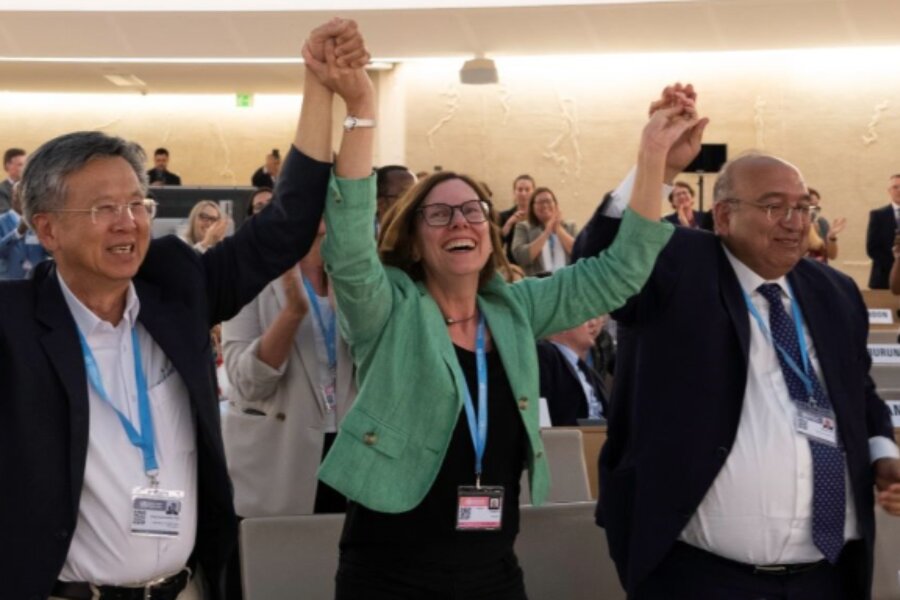In a significant move, Member States of the World Health Organization (WHO) formally adopted the world's first Pandemic Agreement at the 78th World Health Assembly. This landmark decision, reached by consensus, is the culmination of over three years of intensive negotiations initiated in response to the profound gaps and inequities exposed by the COVID-19 pandemic. The agreement aims to bolster global collaboration, making the world safer from future pandemics and ensuring a more equitable response when they occur.
A critical component is the planned negotiation of a Pathogen Access and Benefit Sharing (PABS) system, under which pharmaceutical manufacturers participating would commit 20% of their real-time production of vaccines, therapeutics, and diagnostics to WHO for equitable distribution based on public health risk, with particular attention to developing countries.
This provision seeks to formalize a level of industry responsibility that was largely ad-hoc during the COVID-19 crisis, potentially shifting the dynamics between commercial interests and global public health needs. The agreement's adoption, despite prevailing geopolitical tensions, underscores the potential for international cooperation in health; however, its ultimate success will depend on the effective negotiation of the PABS system and subsequent national ratification and implementation, which could face domestic hurdles. This is the second international legal agreement negotiated under Article 19 of the WHO Constitution, following the Framework Convention on Tobacco Control.
Source: WHO



